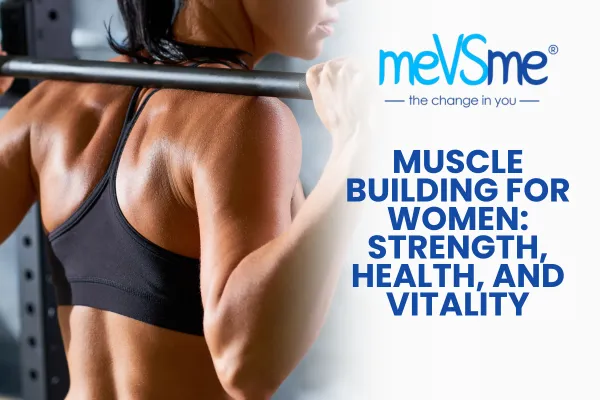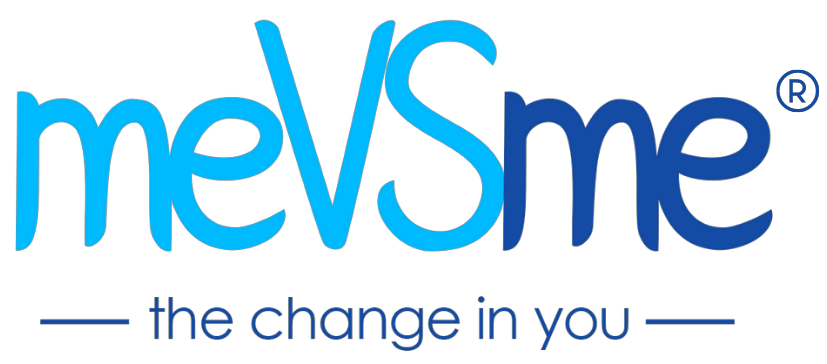ARTICLES

Muscle Building for Women: Strength, Health, and Vitality
Many women prioritise health and longevity but overlook the critical role of muscle building. Beyond aesthetics, maintaining and building muscle has profound health benefits, from enhancing metabolism to supporting bone health. Let’s explore why muscle matters, how to build it effectively, and the essential role of nutrition, particularly protein.
Why Muscle Building Matters!
Muscle tissue burns more calories than fat, even at rest, therefore more muscle mass helps maintain a healthy weight.
Resistance training helps combat osteoporosis, reducing the risk of fractures.
Strong muscles improve stability and joint support, reducing the risk of falls.
Everyday tasks become easier with increased strength and endurance.

What’s the disadvantage of NOT building muscles?
Failing to build and maintain muscle can sneakily impact your health in ways you might not expect:
Slower Metabolism, less muscle means a slower metabolism, so your body burns fewer calories. Suddenly, your favorite desserts seem to double in size on your hips.
Greater Risk of Metabolic Disorders, low muscle mass messes with your blood sugar, making you more susceptible to type 2 diabetes and other metabolic gremlins.
Accelerated Aging, muscles keep you feeling youthful and spry. Skip the weights, and your golden years might show up a little too soon.
Poor Posture and Joint Pain, weak muscles can lead to slouching like a tired sloth and putting undue strain on your joints, making even Netflix marathons a pain in the neck—literally.
So, how do I build muscle?
Muscle growth, or hypertrophy, occurs when muscles experience controlled stress, leading to repair and growth. Consistency, progressive overload (gradually increasing resistance), and recovery are key to successful muscle building.
Tips for effective resistance training:
Strength Training with Weights: Use free weights or machines with a focus on major muscle groups (legs, back, chest).
Bodyweight Exercises: Push-ups, squats, and planks build foundational strength.
And most importantly, you NEED to progressively overload your resistance training.
Progressive overload might sound simple, but tracking progress and knowing when to increase weights isn’t always straightforward. That is where your coach can become invaluable by:
Keeping a detailed log of your workouts, tracking the weights,sets and reps to ensure you consistently make progress.
They can guide you in adding weight without compromising form, preventing injuries while keeping you on a steady path to gains.
Everyone’s progress is different. Your coach can tailor your program based on how your body responds, fine-tuning exercises to maximize results.
So your training is on track, what's next?
Eat your PROTEIN!
Why Protein Matters: Protein provides the building blocks (amino acids) needed to repair and grow muscle tissue.
Daily Protein Needs: The International Society of Sports Nutrition recommends that most people who exercise consume 1.4–2.0 grams of protein per kilogram of body weight per day.
Best Sources: Include lean meats, fish, eggs, dairy, beans, and plant-based proteins.

© 2026 meVSme - All Rights ReservedFooter
11, 2-8 Solander Road (Solander Shopping Centre)
Kings Langley, NSW
admin@meVSme.com.au
9629 4727
0483 915 319

